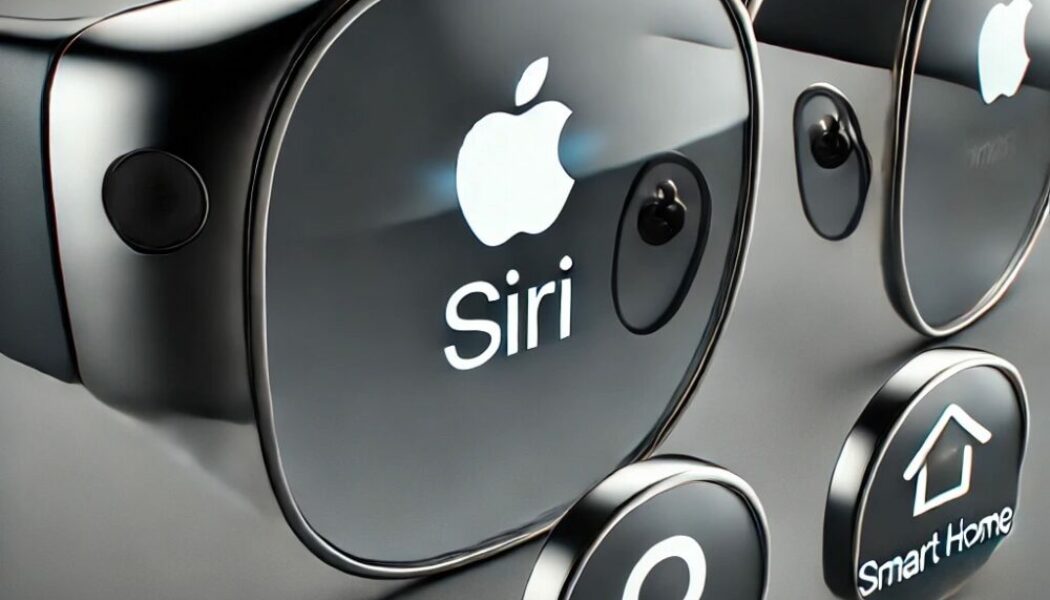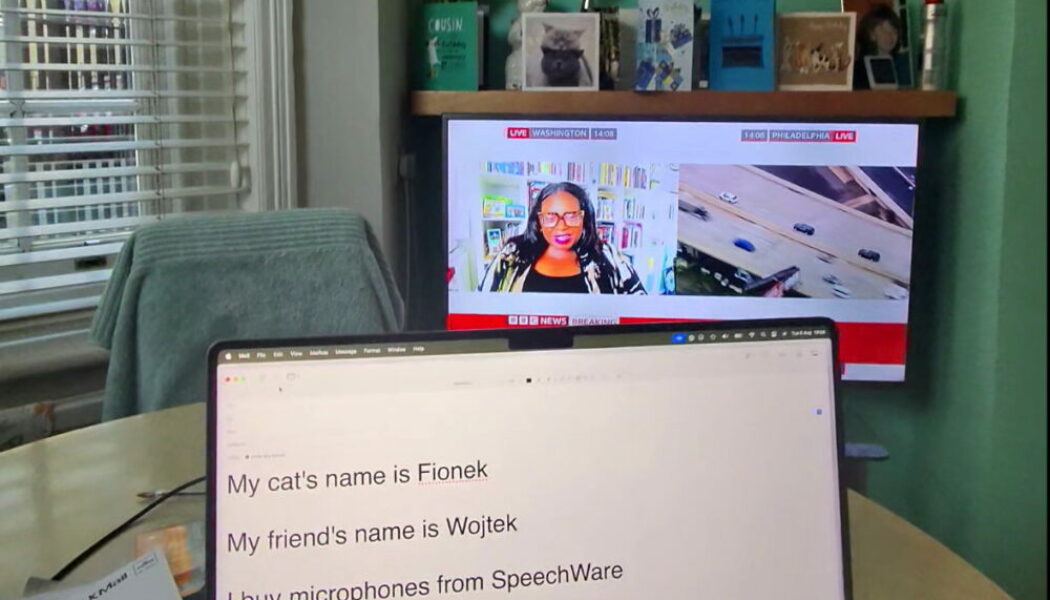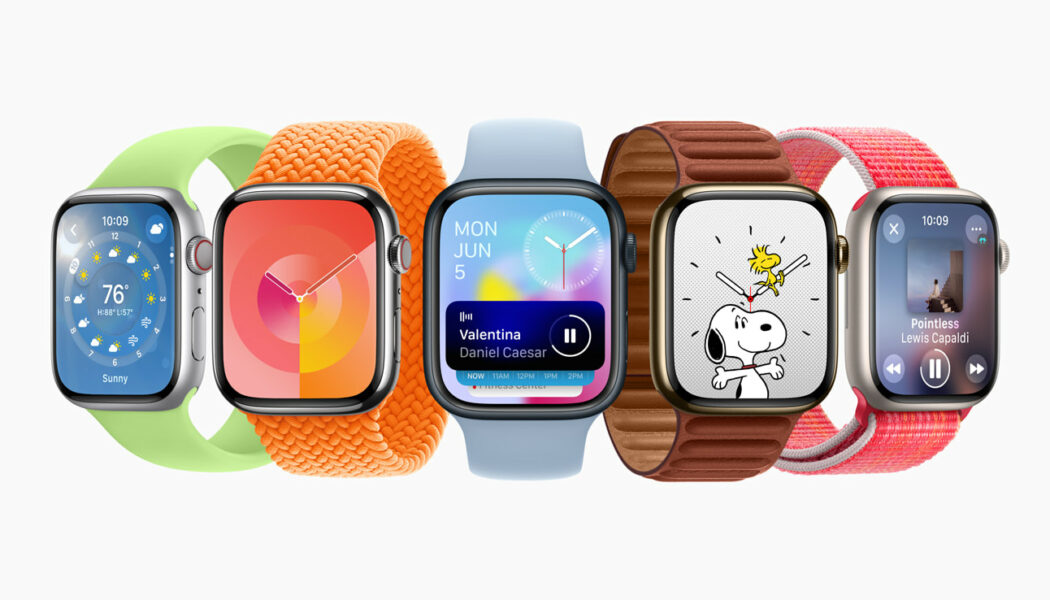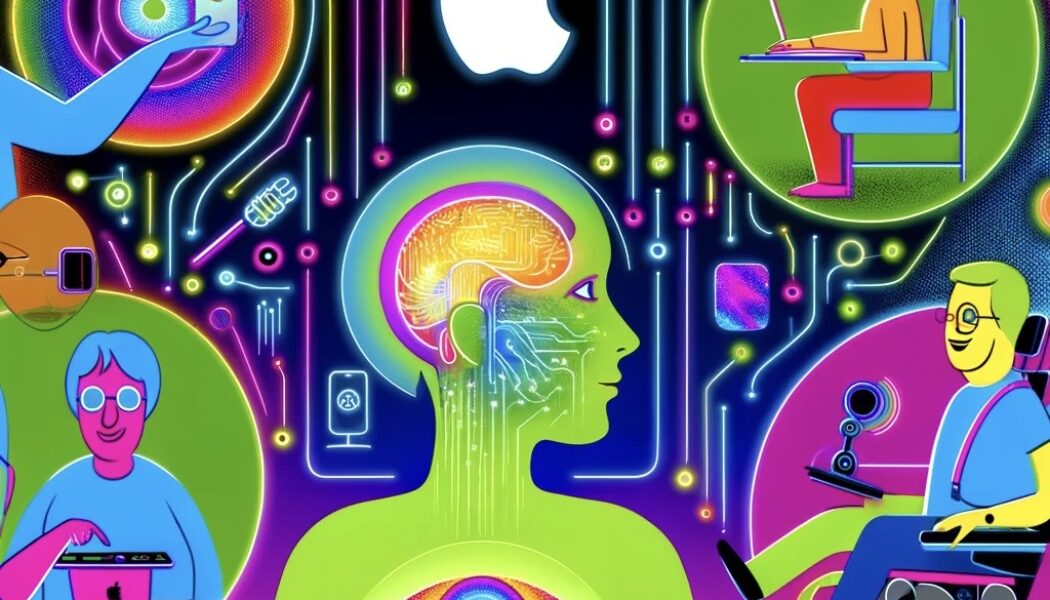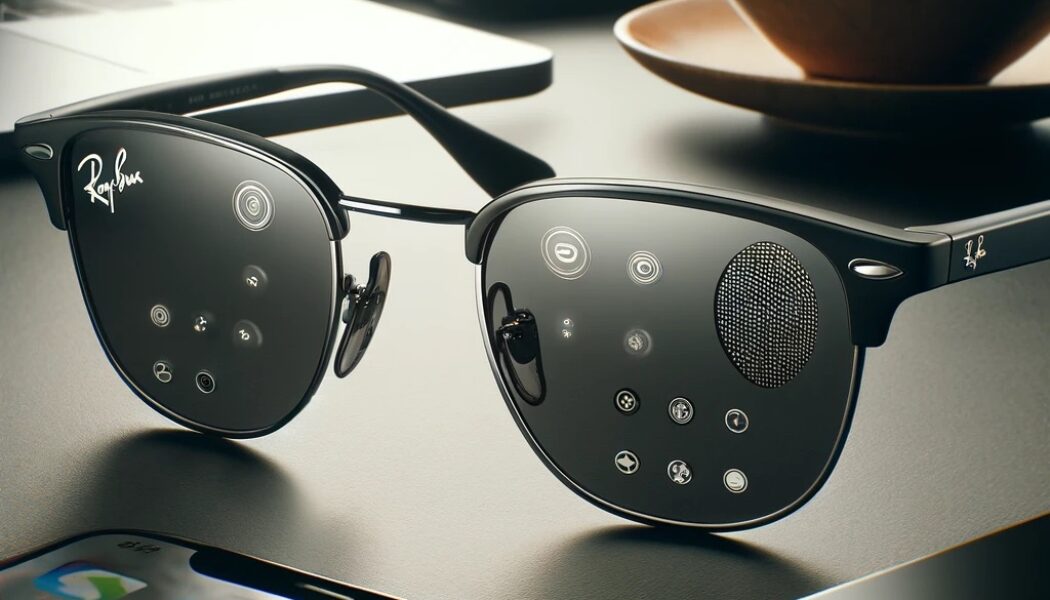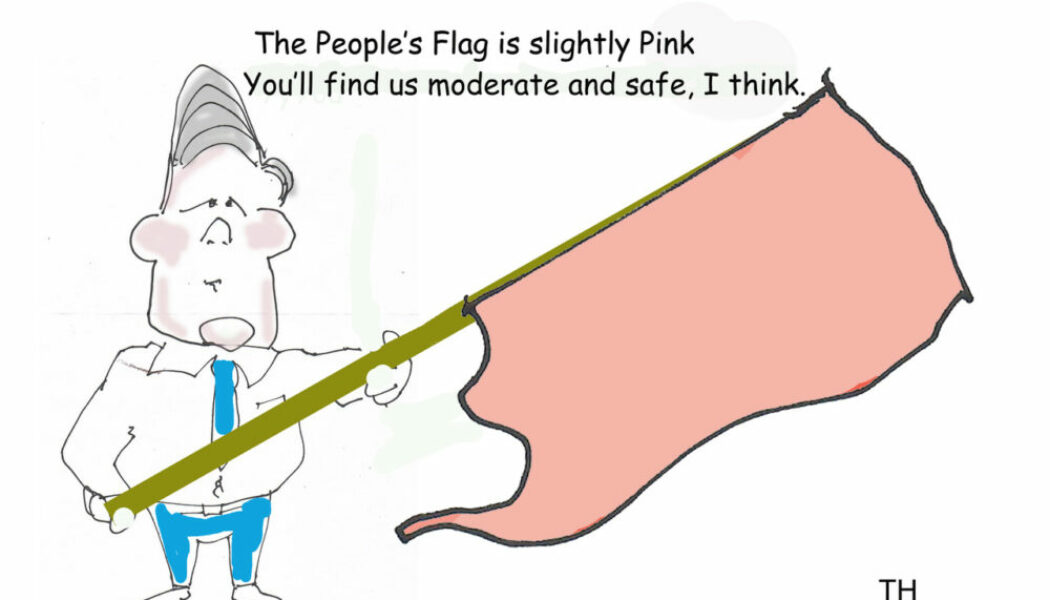News
Why Apple should launch smart glasses: accessibility and mass appeal
Apple has always been at the forefront of technological innovation, creating products that not only captivate the general public but also offer unique benefits for disabled people . With recent reports suggesting that Apple is working on its own smart glasses, there’s no better time to explore the potential impact these wearable devices could have. From enhancing accessibility to creating a new wave of consumer excitement, Apple smart glasses could be the next big thing. Apple smart glasses In a recent Power On newsletter, Bloomberg’s Mark Gurman reported that Apple’s Vision group is working on smart glasses similar to the Amazon Echo Frames or the Meta Ray-Bans, which offer some smart audio and AI features. However, Gurman said that the: “idea of making true augmented reality glasses has ...
Apple’s Voice Control update is a new era of accessibility and precision
Apple is known for its attention to detail, but with iOS 18 and macOS Sequoia, the company is making a significant leap in accessibility. The latest updates to Voice Control introduce much-needed enhancements that make the feature not just usable, but indispensable for disabled users who rely on voice dictation instead of using the keyboard. Understanding Voice Control While Siri enables basic text dictation on Apple devices, severely disabled people often require more comprehensive functionality. They need the ability to control their devices entirely by voice—whether that’s launching apps, dictating, editing text, or navigating their device. To address these needs, Apple introduced a powerful accessibility tool known as Voice Control. Debuting in 2019 with iOS 13 and macOS Catalina, Voic...
Apple Watch Series 10: new features and the accessibility gap
The Apple Watch Series 10 is generating excitement with its anticipated new features coming this autumn, but a significant accessibility issue remains unresolved. Let’s dive into what we can expect from the latest Apple Watch and why it’s crucial for Apple to address ongoing accessibility challenges. Larger screen and thinner design The latest Power On newsletter by Bloomberg’s Mark Gurman reveals that both Apple Watch Series 10 models will feature ultra-sized screens this year. The larger model’s screen will be almost as big as the Apple Watch Ultra, measuring around 2 inches compared to the Ultra’s 1.93 inches. Additionally, the Series 10 will be thinner, though its overall design will remain largely unchanged, according to Gurman. The expanded display will enhance visual clarity and mak...
Reforming social care: a top priority for Keir Starmer’s Labour government
As Keir Starmer entered 10 Downing Street with a strong mandate from the British public , there is a resounding call for substantial reforms across various sectors. Among the most pressing is the urgent need to overhaul the social care system. This system, as it stands, is broken and unjust, particularly towards disabled people and their carers. Starmer and his Labour Party must prioritise social care reform to deliver the change that voters desperately need and deserve. The dire state of social care The current social care system in England is failing its most vulnerable citizens. Disabled people face significant financial burdens due to care charges that can consume up to 40% of their income. Local councils, grappling with underfunding from central government, often refer unpaid care cha...
General Election 2024: who should disabled social care users vote for?
Update: This article has been updated to include the Green Party’s policies on social care. As a disabled person who relies on social care for the basics in life that many take for granted—such as help with getting out of bed in the morning, getting dressed, washed, eating, and going to the toilet—I have been charged hundreds of pounds a month by my local council for this essential help. Furthermore, means testing prevents me from saving for my future with a cap on the amount of savings allowed. With this unfairness in the forefront of my mind, it will come as no surprise that of all the various policies put forward by the main political parties at the General Election on 4th July, it is their policies on social care that are pivotal for determining my quality of life and access to essenti...
How Apple’s AI-infused operating systems at WWDC will revolutionise accessibility for disabled people
As Apple prepares to launch new AI-infused operating systems at WWDC 2024 in a couple of days from now, it’s essential to consider what these advancements could mean for accessibility users. Current tech solutions for disabled people, while helpful, often fall short in delivering efficient and frustration-free communication. This blog post explores the potential of AI to transform technology and enhance the lives of those with severe and complex disabilities. Limitations of current accessibility technology Existing tech solutions that disabled people rely on for communication, such as Apple’s Voice Control, often fail to meet their needs effectively. These tools can be slow and inaccurate, disrupting the flow of conversation and causing significant frustration. I often struggle to dictate ...
Top four feature requests for Ray-Ban Meta smart glasses
As technology continues to evolve, the Ray-Ban Meta smart glasses are at the forefront of integrating fashion with advanced functionality. Here are my top four feature requests for these innovative glasses. While these suggestions stem from accessibility needs, they have the potential to enhance the user experience for everyone. 1. Emoji support in messaging One of the exciting features that Meta should consider is the inclusion of support for emojis in messaging. Currently, the glasses can recognise and read emojis from received messages aloud, but there is no functionality to dictate emojis when composing your own messages. Adding this feature would make messaging more expressive and enjoyable. Emojis bring a touch of fun and colour to conversations, and their inclusion would enrich the ...
Empowering voices: Apple’s pioneering accessibility enhancements for speech recognition
Last August, I published an article on The Register, drawing attention to a pressing issue affecting 250 million individuals globally: the inadequacy of voice recognition technology for those with non-standard speech. This is a significant challenge for individuals with conditions such as cerebral palsy, amyotrophic lateral sclerosis (ALS), stroke survivors, and those with muscular dystrophy like myself. Despite advancements in AI and voice recognition, these technologies often fail to support those who need them most. In my Register piece, I outlined several critical issues with current voice recognition systems: Limited flexibility Many voice recognition systems are narrowly designed, failing to accommodate the varied speech patterns of users with non-standard speech. This has left many ...
